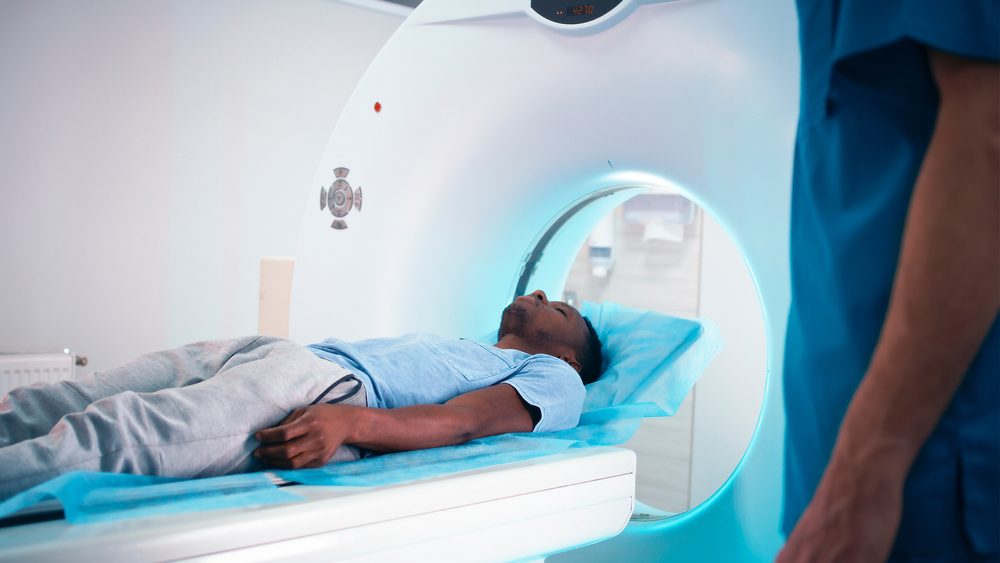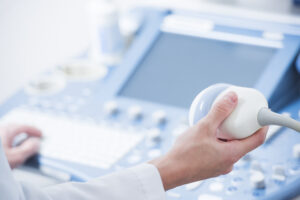CT sCANS

What You Need to Know About CT Scans: Types, Preparation, and Expectations
If you’ve never had a CT scan before, you may be wondering what it’s all about. A CT (computed tomography) scan is a way for medical professionals to take detailed images of the inside of your body. It’s a non-invasive and painless procedure that can provide a lot of important information about your health. In this guide, we’ll explain the different types of CT scans, when you might need one, and what to expect before, during, and after the exam.
First, let’s go over the different types of CT scans. There are many different variations of scans, but some of the most common include:
- Abdominal CT Scan: This scan looks at the organs and structures in your abdomen, including your liver, pancreas, and spleen.
- Chest CT Scan: This scan looks at the organs and structures in your chest, including your lungs, heart, and blood vessels.
- Pelvic CT Scan: This scan looks at the organs and structures in your pelvis, including your reproductive organs, bladder, and prostate (in men).
- Head CT Scan: This scan looks at the structures in your head, including your brain.
Your doctor will determine which type of scan is right for you based on your symptoms and medical history.
When it comes to preparing for a CT scan, there are a few things you should keep in mind. First, you may be asked to avoid eating or drinking anything for a few hours before the exam. You should also make sure to tell your doctor if you’re pregnant or have any allergies to iodine (which is sometimes used during the scan).
When you arrive for your CT scan, you’ll be asked to change into a hospital gown and remove any jewelry or other metal objects. You’ll lie down on a table that will move inside the CT scanner. The scanner itself looks like a large doughnut-shaped machine. During the scan, you’ll hear some whirring and clicking as the images are taken.
After the exam, you’ll be able to go home right away. You may experience some mild discomfort or drowsiness, but most people have no issues with the procedure. Your doctor will review the images from the scan and let you know what they found.
If you’re scheduled for a CT scan, there’s no need to be nervous or scared. This non-invasive procedure is a valuable tool for diagnosing and monitoring a variety of health conditions. By understanding what to expect before, during, and after the exam, you can feel more confident and prepared. As always, if you have any questions or concerns, be sure to discuss them with your doctor. They can provide you with personalized advice and support throughout the entire process.

Less Movements Just as Effective In Ultrasound for Pancreatic Biopsies
A new Japanese study shows that fewer to-and-fro movements during an endoscopic ultrasound-guided fine-needle biopsy (EUS-FNB) are equally effective when performing a pancreatic tumor biopsy. Gastrointestinal Endoscopy published

Increased Use of CCTA Cost Effective for Diagnosing Coronary Artery Disease
Radiologic screening opportunities are on the increase in the field of cardiology. A new retrospective study examined the results in the United Kingdom of

New FDA Recommendation for Women with Dense Breast Tissue
The U.S. Food and Drug Administration updated their mammography standards in early March to require imaging providers to inform women that they have dense
